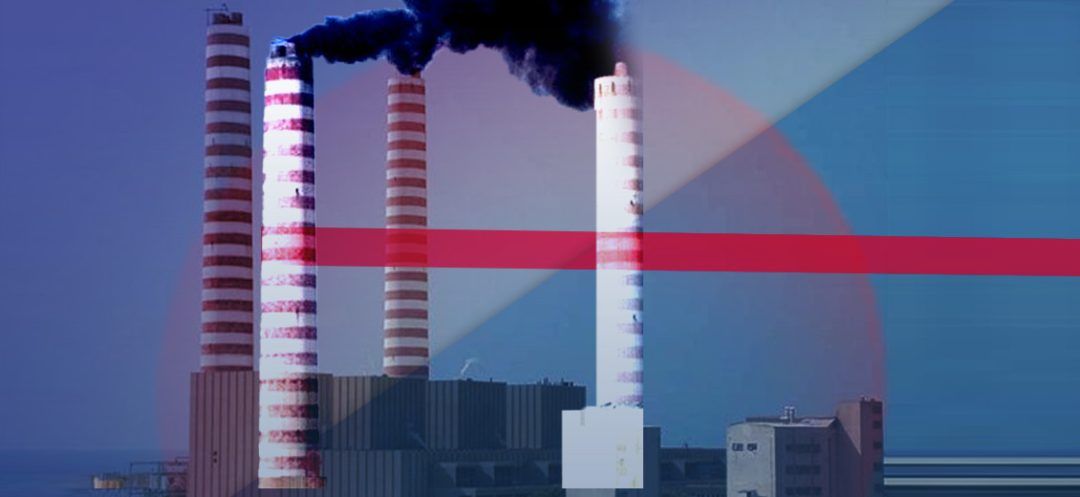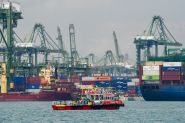
Three years on, hazardous inflammable materials that have been stored at the Zouk Mikael thermal power plant in Keserwan have yet to be relocated. The issue is on the agenda of the caretaker government’s meeting on Friday.
In the meantime, Lebanese officials are trading blame for the lack of action. Minister of the Environment Nasser Yassine told This is Beirut that according to the lists sent by Elecricité du Liban (EDL), the public electricity company that runs the Zouk Mikael plant, the chemicals stored at the facility include acidic and alkaline materials in addition to anti-corrosion elements, which do not explode on their own.
However, “if acids react with alkaline materials, they can cause corrosive chemical reactions,” he added, stressing the need to remove them safely.
Yassin contended that “unused or expired chemicals must be disposed of in accordance with Law 387 (Basel Convention on the Control of Transboundary Movements of Hazardous Wastes and Their Disposal) and Decree 5606 (Regulation of Hazardous Waste Management).”
The responsibility for taking all necessary measures to dispose of these chemicals in a safe way and according to the law lies with the waste producer or owner, in this case, EDL. “We have corresponded multiple times with the EDL in that regard,” Yassin said, adding that the electricity company should store the materials safely, i.e. separately, protected from the sun, and in a well-ventilated area under the supervision of the civil defense and the local administration.
Contacted by This is Beirut, EDL’s media department dismissed the hazardous aspect of the chemicals (approximately 80 tons), saying that they have been there “for 40 years for the proper functioning of the power plant.”
EDL further explained that they had contracted a company, Combilift, on March 30, 2021, to remove the expired materials, including trisodium phosphate and sodium metasilicate (13 tons), out of Lebanon, but the Minister of Environment at the time, Damianos Kattar, did not give his approval.
It said that it had launched a tender for removing the chemicals and received bids from five companies. Meanwhile, the materials have been stored as instructed by the Army and security forces.
On his part, the Minister of Energy, Walid Fayad, blamed EDL for not acting swiftly when the contract with Combilift was rejected by the previous minister. “The right thing to do on EDL’s part was to cancel the contract and find another company to get things done,” he told This is Beirut.
He said he plays more of the role of mediator, and that responsibility lies with EDL, which has not pursued the matter since 2021.
Will the council of ministers, which meets on Friday, finally address the issue?
[readmore url="https://thisisbeirut.com.lb/lebanon/259253"]
Read more




Comments